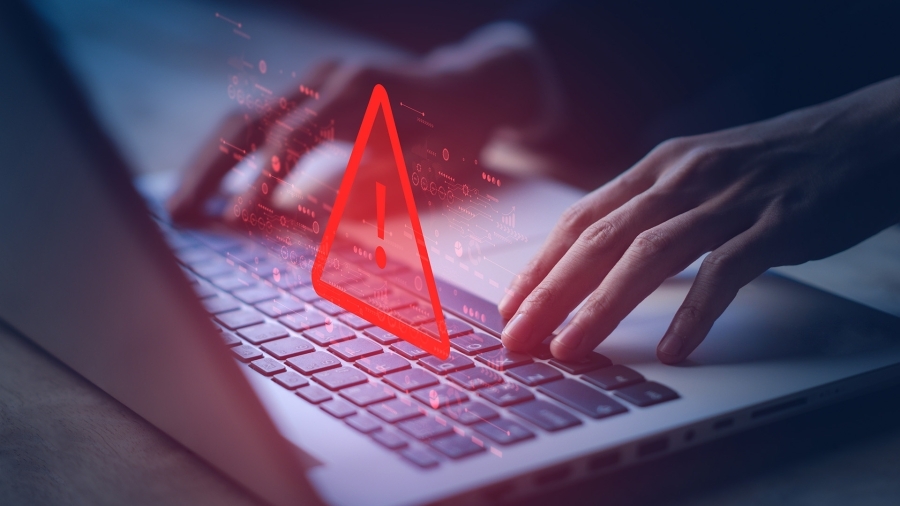Featured cases
Recent cases of note
Toronto Public Library cyberattack: A wake-up call for stronger security
Cyberattacks are on the rise globally, raising concerns about the security of electronic records. Under Ontario’s privacy laws, public sector organizations have the legal duty to take reasonable measures to prevent unauthorized access to records of personal information in their custody or control, including electronic records. Without strong, effective, and adaptable cybersecurity measures, organizations remain vulnerable to attacks, even libraries.
Ensuring secure disposal of health records: Out of sight is not out of mind!
The Personal Health Information Protection Act (PHIPA) requires health information custodians (HICs) to protect personal health information (PHI) in their custody or control, including by ensuring secure methods of record disposal to prevent unauthorized access by others. PHIPA Decision 266 highlights the consequences of failing to meet these obligations and provides valuable lessons for all HICs on how to securely dispose of patient records.
Lost and found: Preserving abandoned health records
Health information custodians (HICs) have a duty under the Personal Health Information Protection Act (PHIPA) to protect and secure individuals’ records of personal health information. When HICs abandon or lose custody or control of this information or fail to reasonably safeguard it, they are in violation of Ontario’s health privacy law. Parties who are not HICs, but who come into possession of records of personal health information, may also find themselves responsible for preserving them as recipients of the information (section 49(1)).
Preventing health privacy breaches: Why training, policies, and confidentiality agreements matter
Health information custodians (HICs) have a duty under Ontario’s Personal Health Information Protection Act (PHIPA) to ensure that they protect the personal health information of their patients. This includes having policies regarding the use of patients’ personal health information for education purposes and ensuring compliance with such policies. This case highlights the central role of comprehensive privacy policies, annual privacy training, and confidentiality agreements, in preventing unauthorized access to personal health information.



